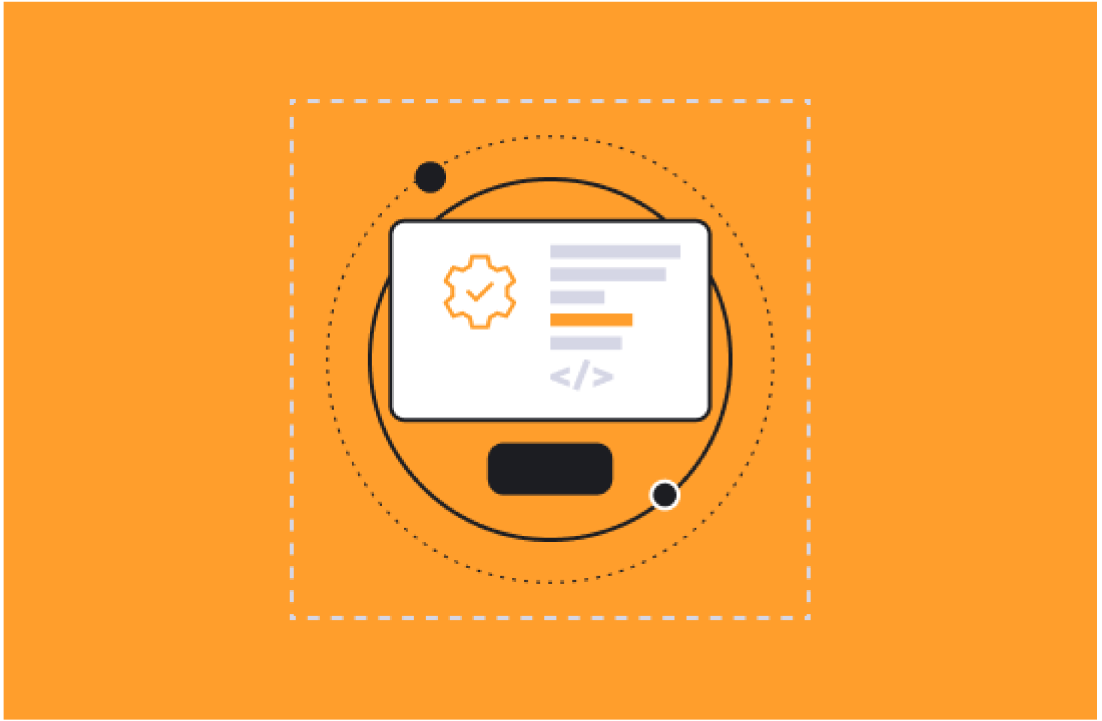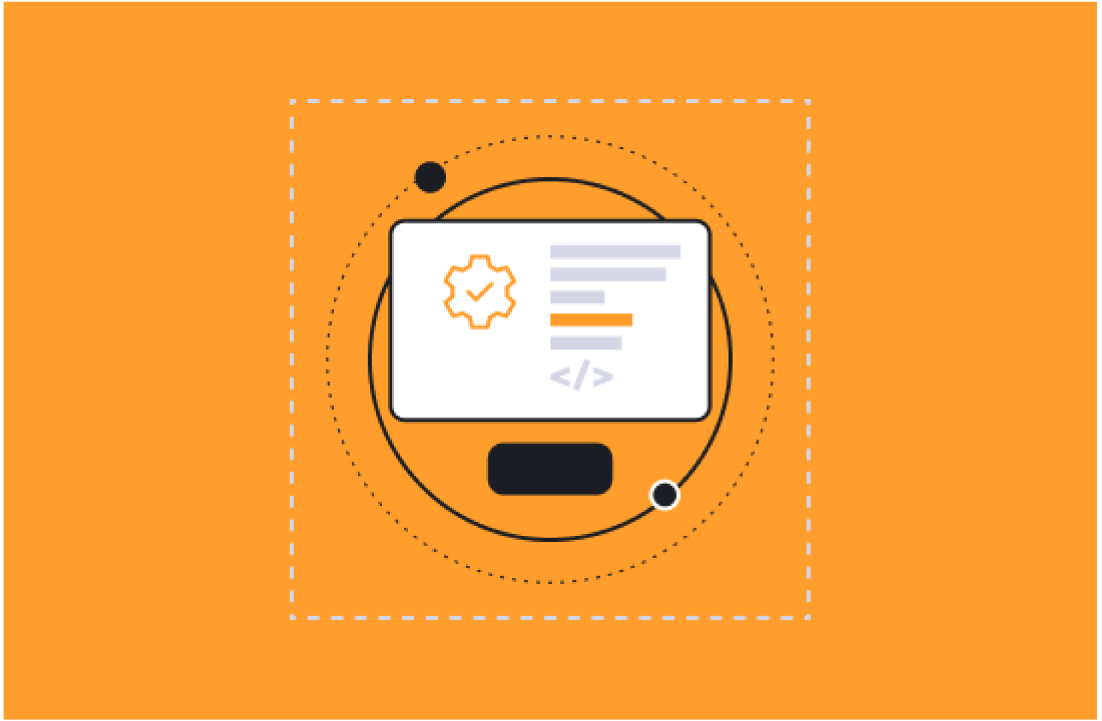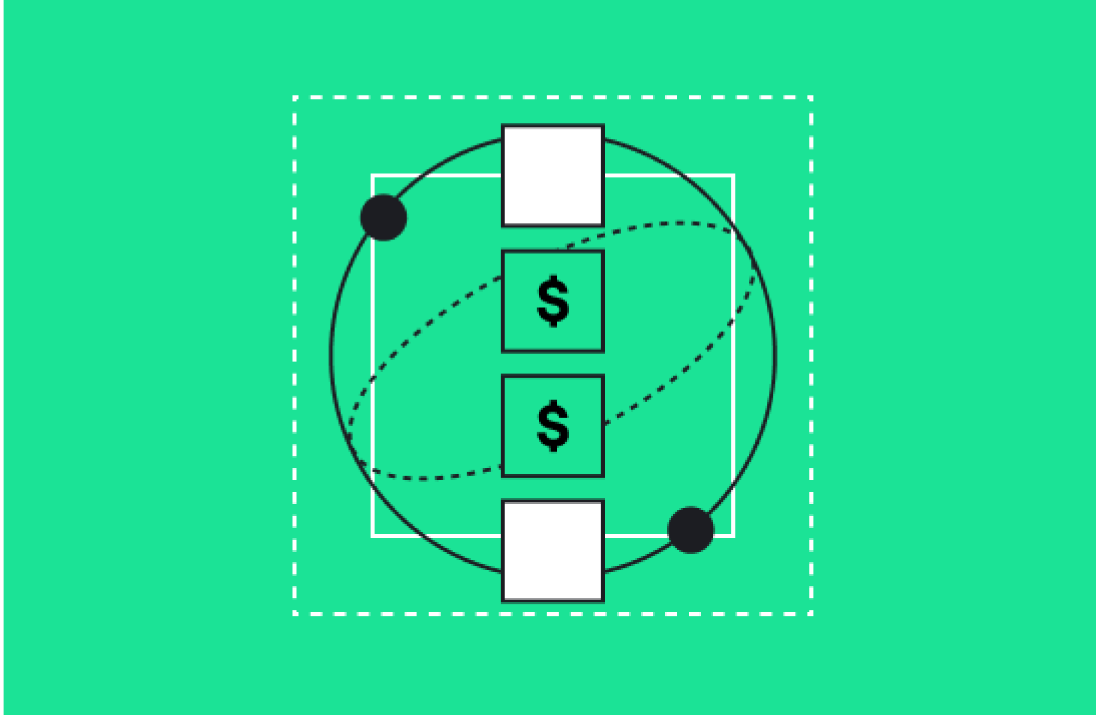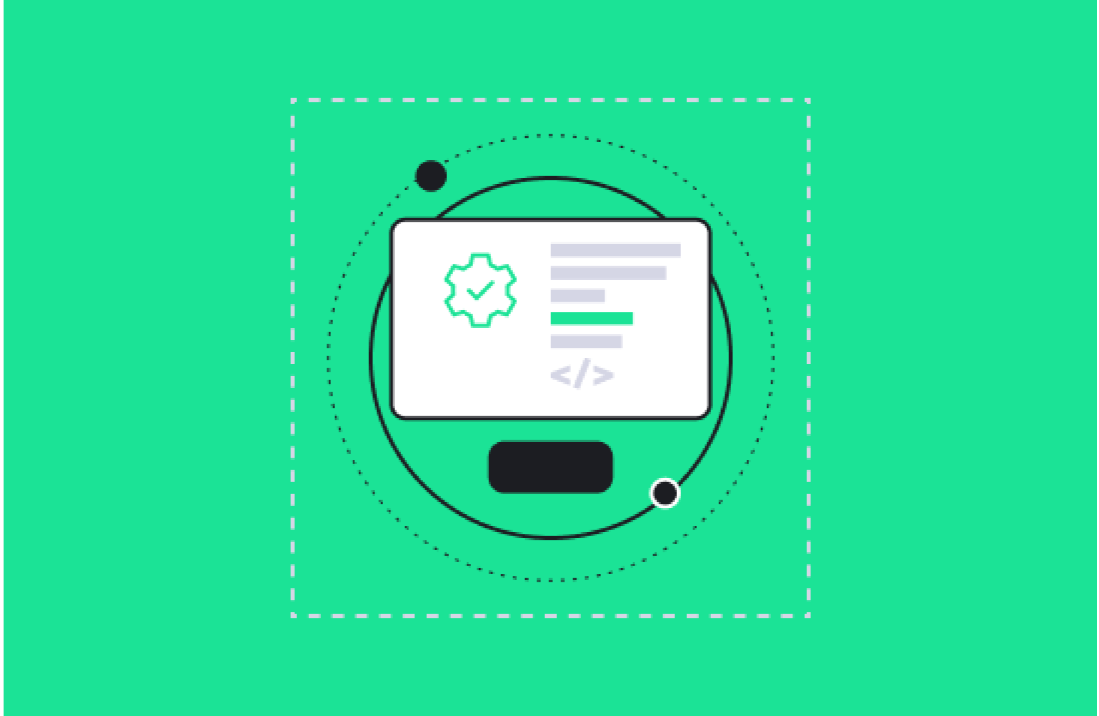If you're currently using Marketo, you may be feeling like you're missing out on some important features. Marketo is mostly designed as an email nurturing platform and doesn't include the types of robust tools you'll find with a CRM like HubSpot.
If you're interested in an all-in-one platform for marketing, sales, service, customer experience, and RevOps, HubSpot should be at the top of your shortlist. Here are a few good reasons you should consider switching to HubSpot from Marketo.
HubSpot Is a Much More Comprehensive Platform
HubSpot is an incredibly powerful platform that enables companies to manage almost every aspect of their business from a single location. It provides comprehensive tools that can improve customer relationships, manage content, track performance, create campaigns, streamline operations, and deliver service to customers digitally.
Compared to Marketo, HubSpot is simply much more comprehensive. According to one HubSpot article, "Marketo is a single tool that provides email nurturing and automation and requires costly integrations or other tools to help with marketing, sales, and customer success."
In short, Marketo is a tool that integrates with your CRM—it even integrates with HubSpot. HubSpot is a CRM with a comprehensive set of tools built around it which you can leverage and customize as you need to grow your business. HubSpot simply gives you more.
There are five "Hubs" you can sign up for when you sign up for HubSpot. These are:
- Marketing Hub
- Sales Hub
- Service Hub
- CMS Hub
- Operations Hub
Compared to Marketo, the most comparable tool HubSpot offers is the Marketing Hub. The Marketing Hub comes in four tiers and includes the following features:
Free
- Email marketing
- Forms
- Landing pages
- Contact management
- Live chat
- Facebook, Google, and LinkedIn ads
- Traffic and conversion analytics
Starter (starting at $45/mo.)
- Email marketing
- Forms
- Landing pages
- Contact management
- Live chat
- Facebook, Google, and LinkedIn ads
- Traffic and conversion analytics
Professional (starting at $800/mo.)
- Omni-channel marketing automation and custom workflows
- Blogging
- Custom reporting
- Account-based marketing
Enterprise (starting at $3,600/mo.)
- Adaptive testing
- Multi-touch revenue attribution
- Sandbox account
Marketo offers marketing automation, lead management, email campaign management, and personalization, but it still doesn't come close to the number of features offered by HubSpot.
If you decide to switch, you may be happy with just the marketing Hub. But you should consider combining HubSpot's tools to streamline your RevOps strategy, especially if you're an omnichannel business.
Working together, all the Hubs create a unified solution for growth.
HubSpot Is More Affordable than Marketo
HubSpot designed its solutions to be affordable to businesses of all sizes, including small businesses and global enterprises. Its starter packages are affordable enough for mom-and-pop shops on Main Street, and they still pack quite a punch. HubSpot even offers free versions of its products that you can use as long as you like.
Unlike HubSpot, Marketo doesn't list its pricing directly on its website. However, many users have noted that it is generally more expensive than HubSpot.
According to one analysis by Monday, a project management software company, the estimated pricing for Marketo ranges from $960 to $7,000 per month depending on the package you choose. By contrast, you can get HubSpot's Marketing Hub Professional for $800 per month, and you'll get many more features for your money.
HubSpot's Customer Service is the Best in the Business
HubSpot has won many awards for its software, but one of the key reasons users love it so much is the level of service and support they get.
HubSpot has built its brand to be the go-to location for marketing, sales, and service innovation. It has its own learning program (HubSpot Academy) as well as a certification program for helping users leverage its software as effectively as possible. HubSpot's Community FAQ page is also rich with insights from customers and HubSpot customer service reps, and it's easily searchable.
HubSpot also provides users with multiple ways to contact them. The easiest way is to give them a call or shoot them an email. You can also put in a "callback request" to receive a call within minutes, preventing you from having to wait on hold.
Marketo has similar customer support features, but it also uses a tiered support system. To get enhanced support, you'll need to get a "Premier" support package.
Finally, HubSpot even has an internal ticketing system that customers can use to get help with technical issues and other problems.
HubSpot Integrates Seamlessly with the Most Popular Applications
HubSpot offers businesses the ability to do more without breaking the bank. Its seamless integrations with other applications allow companies to configure services that are custom-tailored to their specific needs, while also easily connecting those services together.
HubSpot accomplishes this by arranging for integrations with third-party companies, and it's one of the most prolific software partners out there. Users can search for hundreds of popular apps via the HubSpot App Marketplace, and each app integrates directly with HubSpot with very little effort.
Marketo also offers integrations, but they can be cumbersome, and they aren't as expansive. Users simply must build integrations to get the most out of Marketo, but, according to HubSpot, "it requires deep integration with a CRM which needs to be maintained by your team."
Ready to Switch to HubSpot?
Marketo might be a useful email automation tool, but it just doesn't compare to HubSpot when it comes to features, service, and integrations.
If you're considering making the switch from Marketo to HubSpot, you need to ensure all your data is migrated successfully and all your applications are integrated according to your needs. This starts with an audit of your Marketo data and continues with a full data export, as well as an import to HubSpot.
If you want to keep using Marketo, you’ll need to establish an integration with HubSpot and orient your data flow to ensure HubSpot acts as your single source of truth.
You can make this process easy by getting help from migration and integration specialists like the people at Aptitude 8. Check out this case study to learn about how our team helped a client save $77,000 by making the switch from Salesforce, Marketo, and other platforms to HubSpot.






